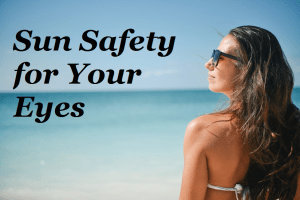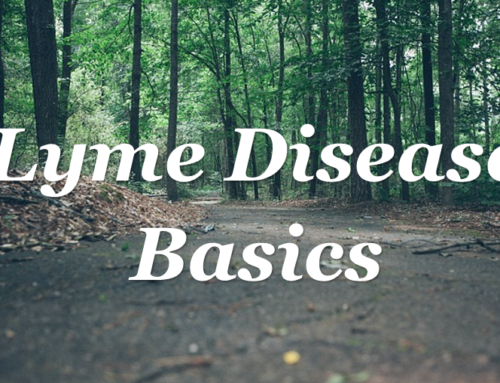“Sunscreen, sunscreen, sunscreen” is the traditional battle cry of those concerned about the health effects of heading out for hours of fun in the summer sun. But, equally important as skin protection is eye care. Invisible UVA and UVB rays, the same ones responsible for skin damage, are well known to have harmful effects on the eyes. Recently, high energy visible light (HEV), the purples and blues that we can see, have also been shown to be dangerous to eye health.
These UV and HEV rays can cause a wide range of eye problems. Melanomas, one of the most common forms of cancer, can occur on the eyelids, the conjunctiva (membranes on the inside of the eyelid and the outside of the eye), as well as within the eye itself. Cataracts, the most common cause of blindness, can also results from excessive sun exposure over a lifetime, which is why they are often associated with old age; UVB rays are especially contributory to the development of cataracts. Another eye condition that can result from the cumulative effects of sun damage is age-related macular degeneration. Unlike cataracts, which affect the front lens part of the eye and can be corrected with a relatively common surgical procedure, macular degeneration is the result of damage to the back of the eye, which cannot be easily repaired. Corneal sunburn is another, year-round, risk. Direct UV sunlight, or rays reflecting off snow or bodies of water (oceans, lakes, swimming pools, etc), can burn the eyes’ surface, causing pain, irritation, bloodshot eyes, blurred vision, light sensitivity, and excessive tearing.
Some factors put you at increased risk of developing sun related eye problems. Having paler skin and/or lighter colored eyes (blue, or light green) is a common, and unavoidable, risk factor. Older people are more susceptible to damage, especially those who have already had cataract surgery. Some medications, such as sulfa drugs, oral birth control pills, and diuretics, can also increase the risk of sun damage.
The best way to protect your eyes are, of course, a good pair of sunglasses. Make sure they block UVA, UVB, and HEV waves, and have a large lense to protect the entire eye and surrounding area. Wide brimmed hats can also help with this. Just remember to wear your hat and sunglasses even when it’s cloudy out; a majority of the sun’s rays penetrate clouds. Avoiding prolonged sun exposure is also a good idea. There are several supplements which have been shown in clinical trials to be helpful in slowing the progression of eye health deterioration, especially macular degeneration. Vitamins A, C, and E, along with zinc and copper, collectively known as the AREDS protocol, are the most well known and clinically studied. Other beneficial eye health supplements include lutein, lycopene, zeaxanthin, omega-3 fatty acids, and bilberry.
To your health!
Best,
The Enhanced Medical Care Team







Leave A Comment